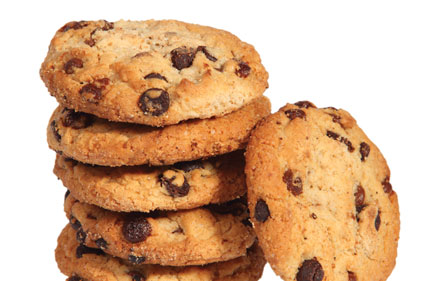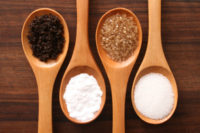Cocoa May Help the Obese
Cocoa may help obese people better control inflammation-related diseases.

As part of the study, one group of mice was fed with a high-fat diet and human equivalent of 10 tablespoons of cocoa powder while another group of mice was fed the same high-fat diet without the cocoa supplement.
According to the researchers, the mice that were fed the cocoa supplement had about 27% lower plasma insulin levels and 32% lower liver triglyceride levels than the mice not fed cocoa.
High levels of insulin and triglyceride are related to inflammation and diabetes.
In addition, there was a slight but significant drop in the rate of body weight gain in the group of mice fed with the cocoa supplement.
Although cocoa's role in mitigating inflammation is yet to be identified, Joshua Lambert, associate professor of food science, has proposed two theories.
One theory is that "the excess fat may activate a distress signal that causes immune cells to become activated and cause inflammation. The cocoa may reduce the precursors that act as a distress signal to initiate this inflammatory response".
Another theory proposed by Lambert is that "the excess fat in the diet interferes with the body's ability to keep a bacterial component called endotoxin from entering the bloodstream through gaps between cells in the digestive system -- gut barrier function, and alerting an immune response. The cocoa in this case may help improve gut barrier function".
The study is published in the online version of the European Journal of Nutrition.
Looking for a reprint of this article?
From high-res PDFs to custom plaques, order your copy today!




